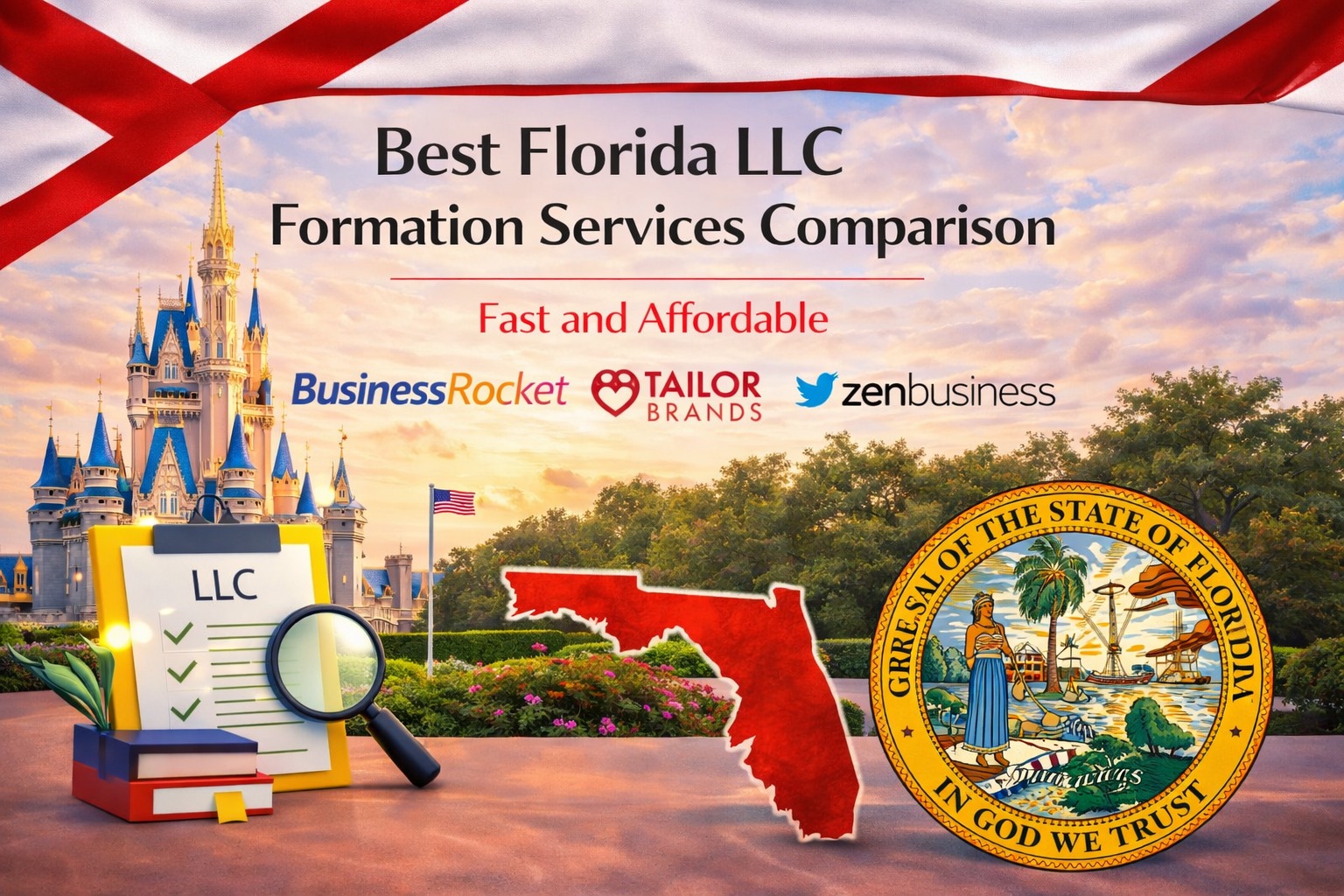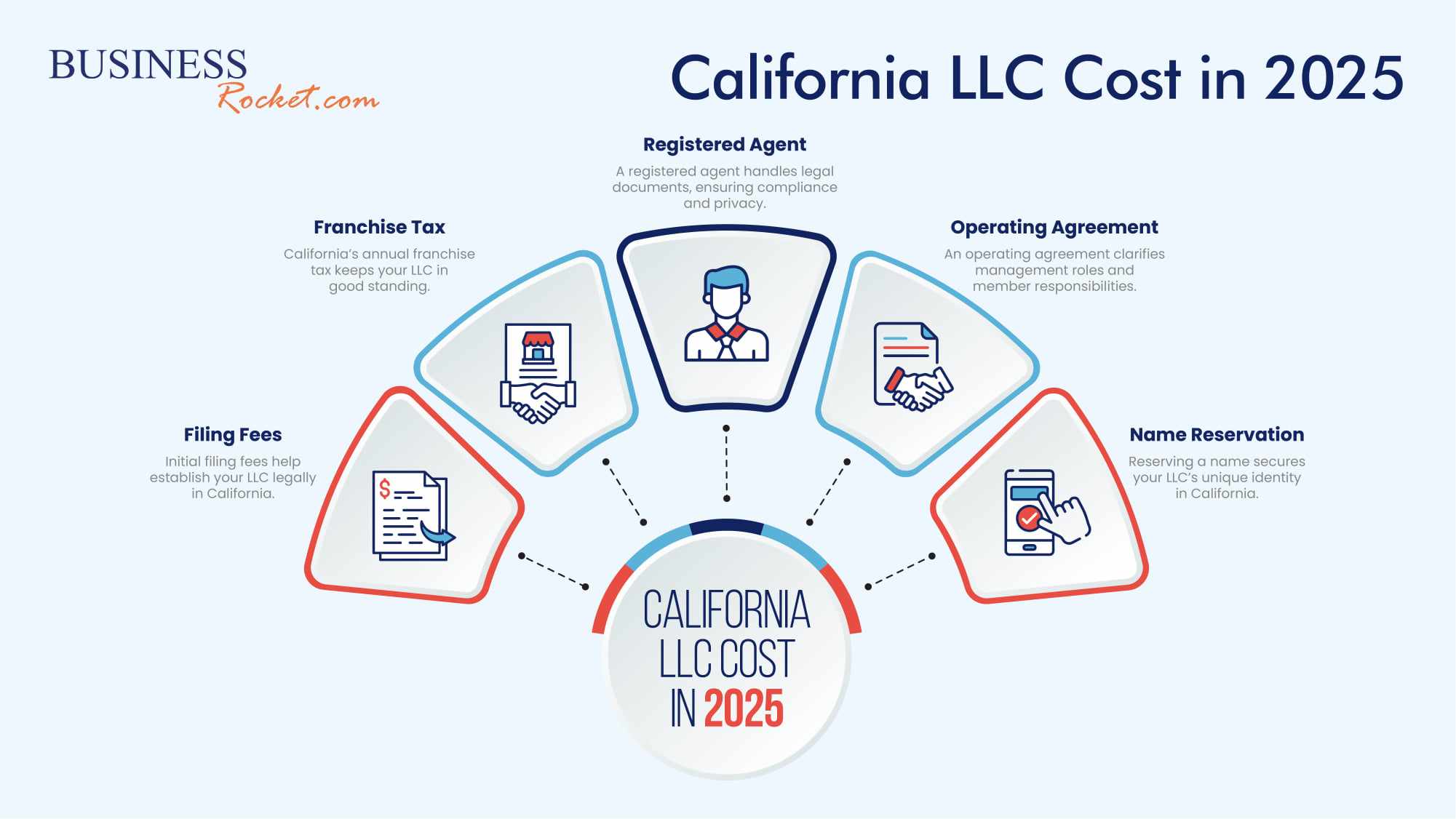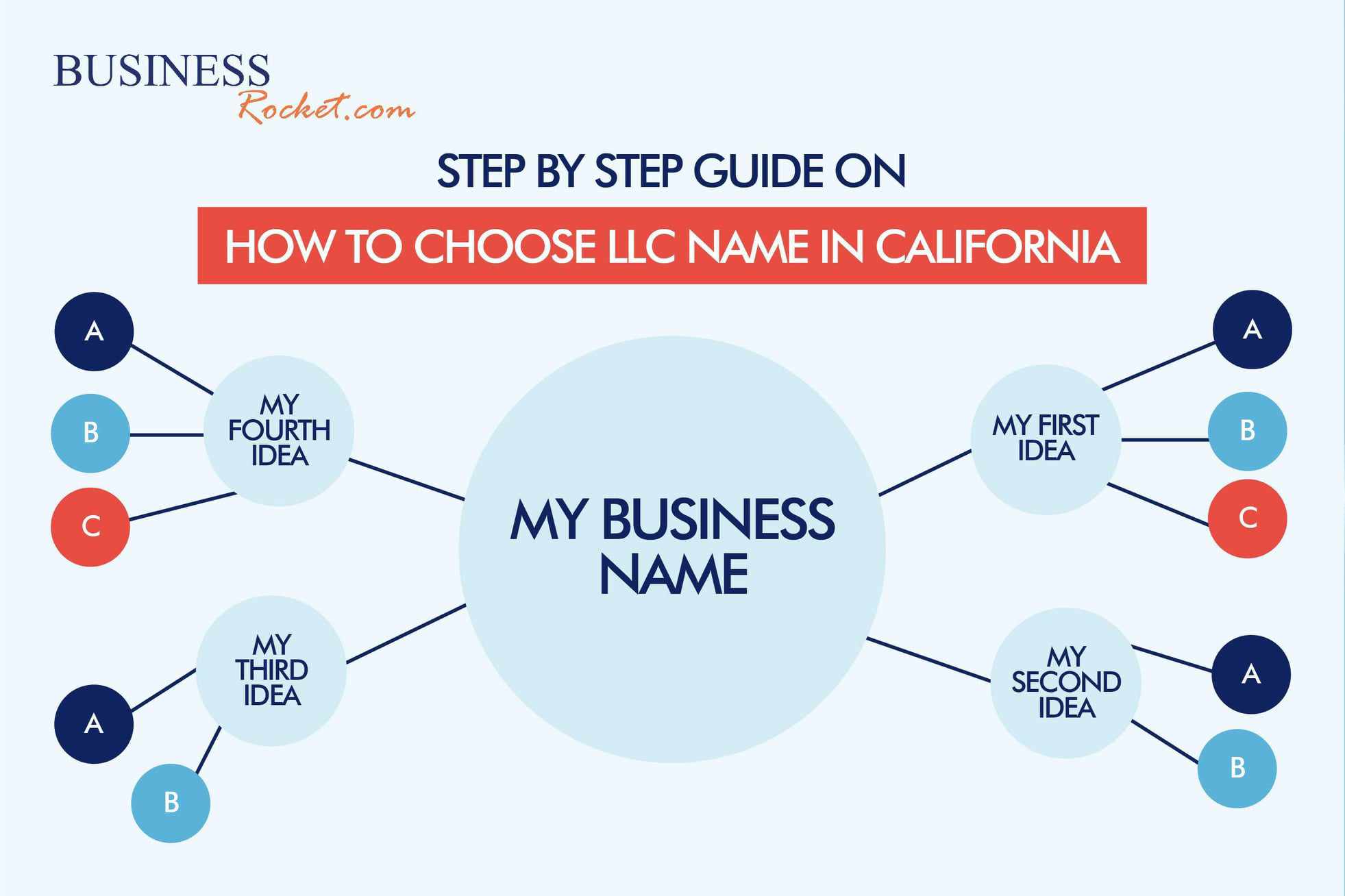
If you are an established LLC owner or are considering opening an LLC and doing some research, you may have come across the term “S-Corp” or “S-Corporation,” and wondered if it is something that you should consider.
Converting your LLC to an S-Corp can be accomplished one of two ways; the “complex way” and the “simple way.” In this article we will cover the Simple Way to convert your LLC to an S-Corp.
The main difference between the two ways of conversion is that; converting your LLC to an S-Corp is simpler and faster, while converting your LLC to a C-Corp and then an S-corp is more complex and costly. However, the best choice for your business depends on your specific goals, needs, and circumstances. Consulting with a tax professional or a business expert before making any changes to your business structure will help to understand which S-Corp conversion method is best for your business!
First, let’s talk about what it means to be an “S-Corporation.”
Simply, an S-Corporation, or S-Corp for short, is a way that some businesses choose to be treated for taxes. It’s like a special tax status that can help LLC owners save money. One of the money saving benefits of an S-Corp, is avoiding self-employment taxes on a portion of the company’s income.
By default, an LLC is treated as a pass-through entity for tax purposes, meaning that the business’s profits and losses pass through to the owners’ personal tax returns. If you find that it may be more beneficial for you and your business to be taxed as an S-Corp, and your company is eligible to be an S-Corp, (don’t worry, we will get into “the rules,” more later on) you can submit a document with the IRS for the S-Corp election. For an LLC the S-Corp election refers to how the Limited Liability Company (LLC) will be taxed by the Internal Revenue Service (IRS).
Is my LLC eligible to be taxed as an S-Corp?
Now for the “rules,” of S-Corporation eligibility.
When making an S-Corporation election for your LLCs tax status, there are specific rules and requirements set by the IRS that businesses must follow.
To qualify for S-Corporation status, the business must be a domestic corporation or LLC. In the context of our current topic, a domestic corporation refers to a company that is established and operates within the United States.
There is also a specific criteria for how many shareholders an S-Corp may have and who may be a shareholder of an LLC that would like to be taxed as an S-Corp.
An S-Corporation may have no more than 100 total shareholders. Those shareholders must be individuals, certain trusts, or estates. This means that generally, S-corps can not be owned by other corporations or partnerships. Additionally, those that are shareholders in an S-Corp, must be U.S. citizens or residents. Non-resident aliens cannot be shareholders in an S-Corporation.
Another rule to consider is that an S-Corporation can only hold one class of stock. This means that all shares of stock in the company are essentially the same, with equal rights and privileges.
My LLC is eligible to be an S-Corp, what are the benefits?
Pass-Through Taxation: Like an LLC, an S-Corporation is a pass-through entity. This means the business itself doesn’t pay taxes. Instead, profits and losses are “passed through” to the owners, who report this on their individual tax returns. Being taxed as an S-Corp can simplify things and might lead to lower overall taxes.
Avoiding Self-Employment Tax: S-Corporation owners can potentially save on self-employment taxes. Unlike sole proprietors and some LLC owners, S-Corporation shareholders may be able to classify a portion of their income as dividends rather than salary, reducing the amount subject to Social Security and Medicare taxes.
Salary and Dividends: With an S-Corporation, owners can take a portion of their income as a salary and the rest as dividends. Dividends in S-Corporation taxation represent the portion of profits that the owners receive as a return on their investment in the business. Salary wages are subject to payroll taxes, but dividends are not. This flexibility allows for potential tax savings.
Deducting Business Expenses: S-Corporation owners may have more flexibility in deducting business expenses. By structuring income as a combination of salary and dividends, there could be opportunities to maximize deductions and reduce what is considered to be taxable income.
Sounds good! Now, how & when should I convert my LLC to an S-Corporation?
First, you must file a document with the IRS to elect your LLC to be taxed as an S-Corporation. This form is called “Form: 2553.”
This is the official document telling the IRS that you want your LLC to be treated as an S-Corporation for tax purposes.
Timing is Important:
File Form 2553 within a specific time frame. Ideally, it should be done no later than two months and 15 days after the start of the tax year when you want the S-Corporation status to begin. For example, if you would like the S-Corp election to reflect on your 2024 business tax filing, you should file Form 2553, no later than February 15th, 2024.
Effective Date:
The S-Corporation election becomes effective on a specified date, this may be the first day of the tax year in which the election is made, so keeping with our example above, the effective date should be January 1st, 2024.
Conclusion:
While the tax advantages of an S-Corp election may sound ideal, the decision to elect for S-Corporation status should not only be based on eligibility but various factors, including the specific circumstances of your business and your long-term goals. Consulting with a tax professional or accountant is highly recommended to ensure that converting to an S-Corporation aligns with your business needs and financial goals!
If you’re uncertain about whether converting your LLC to an S-Corp is the right move for your business, or if you’re ready to proceed but want to avoid the paperwork and the hassle of dealing with the IRS, let BusinessRocket be your first call! You can reach us at 310-424-5558, extension 1. Our team of experts are ready to help. We’ll conduct the necessary research to ensure your S-Corporation Election is accurately prepared and filed. We’ll guide you through the process, making sure you understand the changes. Relax, knowing that BusinessRocket has you covered!
 LLC North Carolina Services Provider February 27, 2026 - Home » How to Convert my LLC into an S-Corporation: The Simple WayNorth Carolina LLC Services in 2026 North Carolinad LLC formation services matter more than ever in 2026 because they offer founders a simple and flexible way to start a business. Fast and Best Business Packages REGISTER AN LLC North carolina llc formation services …
LLC North Carolina Services Provider February 27, 2026 - Home » How to Convert my LLC into an S-Corporation: The Simple WayNorth Carolina LLC Services in 2026 North Carolinad LLC formation services matter more than ever in 2026 because they offer founders a simple and flexible way to start a business. Fast and Best Business Packages REGISTER AN LLC North carolina llc formation services … Top Florida LLC Formation Services in 2026 February 16, 2026 - Home » How to Convert my LLC into an S-Corporation: The Simple WayTop Florida LLC Formation Services in 2026 File your Florida LLC today with a best service companies. Compare 2026 pricing, features, and pick the best provider to get started now. Fast and Secure Business REGISTER AN LLC Florida LLC formation services support one …
Top Florida LLC Formation Services in 2026 February 16, 2026 - Home » How to Convert my LLC into an S-Corporation: The Simple WayTop Florida LLC Formation Services in 2026 File your Florida LLC today with a best service companies. Compare 2026 pricing, features, and pick the best provider to get started now. Fast and Secure Business REGISTER AN LLC Florida LLC formation services support one … Maryland LLC Formation Services in 2026 February 12, 2026 - Home » How to Convert my LLC into an S-Corporation: The Simple WayTop LLC Formation Companies in Maryland Maryland LLC formation services matter more than ever in 2026 because they offer founders a simple and flexible way to start a business. Fast and Secure Business Packages REGISTER AN LLC Maryland Formation Services keep things moving …
Maryland LLC Formation Services in 2026 February 12, 2026 - Home » How to Convert my LLC into an S-Corporation: The Simple WayTop LLC Formation Companies in Maryland Maryland LLC formation services matter more than ever in 2026 because they offer founders a simple and flexible way to start a business. Fast and Secure Business Packages REGISTER AN LLC Maryland Formation Services keep things moving …









